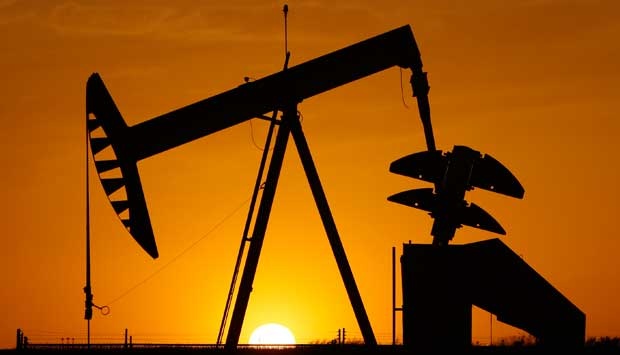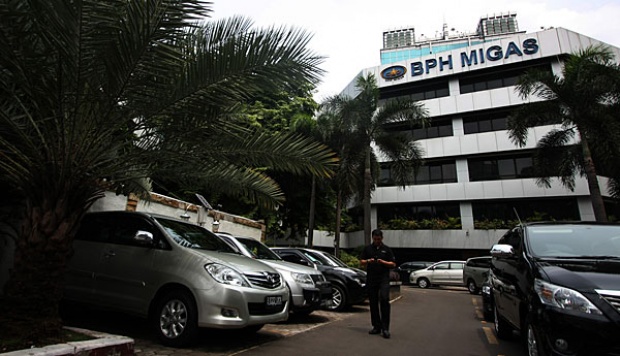Oil, Gas Companies Cut Spending on Slumping Global Oil Prices
19 October 2018 15:25 WIB

TEMPO.CO, Jakarta - A throng of contractors of the Oil and Gas Cooperation Contracts (KKKS) have filed proposed revisions to the work plan and budget (WP&B) with the Upstream Oil and Gas Regulatory Special Task Force (SKK Migas) in the wake of the slumping prices of global oil in the year’s past semester, which affected their corporate finances.
Global oil prices have been plummeting by over 50 percent since October last year and yet to signal any sign of recovery until the first quarter of 2015, prompting oil and gas contractors to take efficiency measures to cut expenditures.
Below is an excerpt of Tempo’s March interview with Lukman Mahfoedz, the chairman of the Indonesian Petroleum Association-cum-president director of PT Medco Energy International.
What do you think is the cause of the plunging oil prices?
The nose-diving oil prices in the past few months are mainly attributed to four factors. The first is the U.S booming shale oil, which bolstered U.S. oil production and global oil supplies. The U.S. shale oil production has reached 9.1 million barrels per day, soaring by 4.1 million barrels per day compared to in 2008. This has triggered the decline in U.S. oil imports from OPEC countries by half. Increased shale oil production has also caused oversupplies in the global oil market by 2.2 million barrels per day and contributed significantly to the dropping prices of global oil.
The second is the geopolitical situation in the Mideast. The recuperating political stability in Libya has stepped up global oil supplies to 500,000 barrels per day, and the figure is estimated to climb to 1.2 million barrels per day.
The third factor is the lower demand for global oil, which is caused by the economic slowdown in China and Europe and the revised subsidy policy on fuel oil in a number of consumer countries.
The last one is the rivalry or price war among oil producers in OPEC. Saudi Arabia and Kuwait have repeatedly lowered their prices to secure their Asian market share. Saudi is unwilling to relinquish its market share and insists on keeping a 13 percent market share so they keep increasing their supplies.
Why doesn’t OPEC cut its production in this situation?
For 30 years, OPEC has played its role as “the manager of global oil supplies”. In a case of oversupplies, OPEC countries would cut back on their supplies to the global market. And vice versa. But now they are not functioning as the so-called “supply manager”, particularly Saudi Arabia, because if they did the U.S. would continue supplying shale oil in large amounts, which could make OPEC countries lose their market share.
How do the declining oil prices affect oil and gas contractors’ work plans?
The drastic decline in oil prices by 50 percent that has lingered since October 2014 has forced almost all oil and gas corporations to evaluate their programs, including slashing its capital expenditures. The same goes for Medco.
Medco also scrap its business plans?
Medco is evaluating its planned exploration programs, as well as oil and gas projects that are presently being planned. Moreover, Medco also changes its work processes, looks for a slimmer organization, and cements inter-team coordination and cooperation to strive for more efficient, more effective business processes.
Medco has also taken efficiency measures by trimming production and operation cost at all levels, including in the office. We also look for financing with interest that is more competitive by expediting payment of high-interest loans and taking refinancing with competitive interest.
How effective are these efficiency measures that Medco takes?
From the cost efficiency standpoint, Medco has successfully decreased its general and administration cost from US$121 million in 2013 to US$100 million in 2014. Medco has also reduced its head office’s cost from US$39 million in 2013 to US$29 million in 2014. We will proceed with these efficiency initiatives and aim at cutting our head office’s cost by 25 percent.
BERNADETTE CHRISTINA MUNTHE























